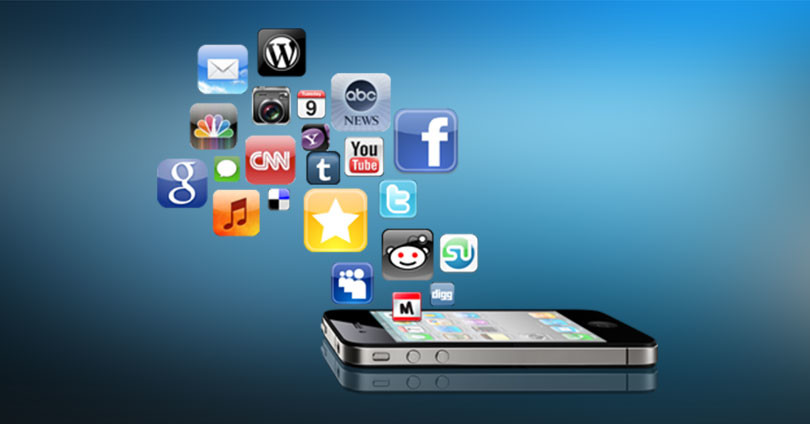The Internet has become an integral part of modern human life. It’s no more a luxury, and is inching closer to achieving the status that only water, food, and shelter have been associated with all this while. And with smartphones having become the extension of the human hand, the Internet’s reach has never been so wider. This begs the question: how much mobile data do you actually need? The amount of Internet or mobile data an individual needs depends on his requirements. In this article, we’ll try to learn about mobile data packages and what plans would suit you best.
Mobile Data Plans
There are different kinds of mobile data packages, starting as low as 50MB or 100MB. 500MB is a more common starting point, with some plans entering the GB (gigabytes) territory. Some of the online activities that eat up data are web browsing, emails, social media apps, streaming and downloading videos or music, etc. and your choice of plan should be based on your actual usage.
What Mobile Plan Do You Need?
The actual mobile data plan for you would depend on your general Internet usage. Typically, mobile Internet users are classified as:
- Light Users
These are people who browse the web occasionally and also don’t primarily use their mobile device to send emails. These people may spend a good amount of time on Facebook, Twitter, etc. but they won’t download, upload or stream media. These people spend approximately an hour on the Internet a day, and therefore do not require more than 500MB per month.
- Medium Users
Medium users usually browse the Internet when they have spare time or are feeling bored, which is typically every day. They check their Twitter, Facebook, emails, etc. regularly. Their Internet usage focuses around a handful of apps, and they like watching videos or downloading songs time and again. For such people, a 1GB plan should suffice.
- Heavy Users
A heavy user, as the name indicates, uses the Internet heavily for work and entertainment. These users regularly check Facebook and emails, browse the Internet, etc. Their favourite apps’ list is fairly extensive and they download music, watch videos, etc. on their phones multiple times a week. Such users would need at least 2GB per month.
Irrespective of the data plan, it’s usually not recommended to stream and download media on mobile data. It’s better to indulge in such media consumption when you’ve got access to Wi-Fi.
Data Plan Caps
Some mobile data plans set data limits per hour, day, and also certain apps. The hourly cap could be something like 60MB per hour. Video chatting consumes more data than web browsing, which is why the cap could be increased for video calling apps. Image-sharing apps could also be data-hungry. For instance, an app like Instagram can take up close to 700MB per hour. If you use Instagram and Pinterest more often, find out what special plans your service provider has for you.
Making Judicious Use of Data
Keeping a tab on data usage could be tricky. You never exactly know how much data a particular app or web service consumes. It’s, therefore, better to be a bit proactive to stay on the safer side of the spectrum. The following are certain things you may do to ensure you don’t exceed your monthly limit:
- If at home or office, use Wi-Fi as much as possible (provided there’s Wi-Fi connection).
- Educate yourself about apps that are notorious for their data gobbling tendencies.
- If you’re abroad, turn off “data roaming” on your phone and don’t use your native mobile plan for any web-based activity. If there’s Wi-Fi around, use it.
4G and 3G Plans
4G plans could have a detrimental impact on your total data usage. 4G is not data-heavy, but since it’s much faster than 3G, it tends to use up data quickly. For instance, if you’re watching a 5-minute long YouTube video on 4G, it may only take a few seconds for your 4G-equipped mobile to download the video. That’s great news! But if you happen to watch only 2 minutes of the video and close the app, you have technically wasted the data used to download those 3 minutes worth of content by choosing not to see it. In the case of 3G, the downloading may not be that fast and the video would not have been completely downloaded if you end up closing the video prematurely.


